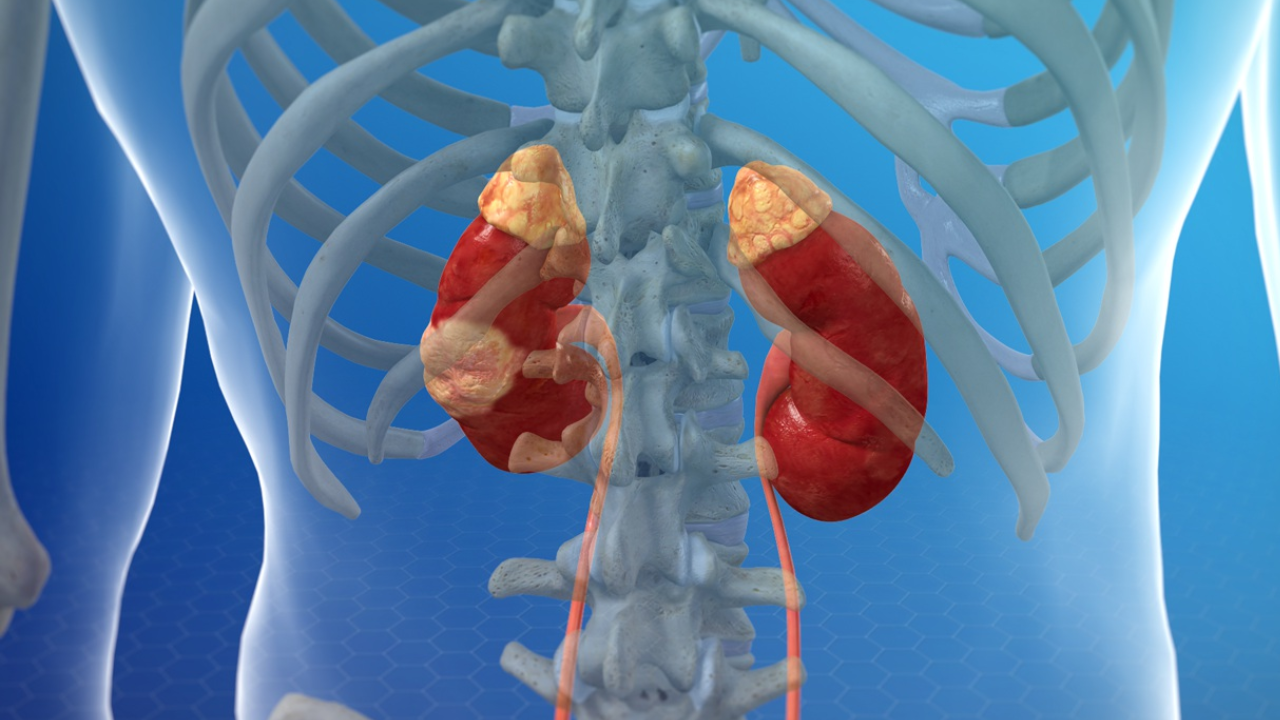Kidney Cancer and Chronic Kidney Disease: What’s the Connection?

Kidney cancer and chronic kidney disease (CKD) are two distinct but closely related conditions that can significantly impact a person’s health. Both conditions involve the kidneys, which are vital organs responsible for filtering waste and excess fluids from the blood. While kidney cancer refers to the uncontrolled growth of abnormal cells within the kidney, CKD is a long-term condition characterised by gradual loss of kidney function. Understanding the connection between these two conditions is crucial for early detection, effective treatment, and improved patient outcomes. Exploring the relationship between kidney cancer and CKDmakes it easier to highlight the factors that link them and the implications for patient care.
1. Shared Risk Factors: What Puts You at Risk?
Kidney cancer and CKD share several common risk factors, which can increase an individual’s likelihood of developing one or both conditions. These risk factors include smoking, obesity, hypertension, and diabetes, all of which can contribute to kidney damage over time. Additionally, a family history of kidney disease or cancer can predispose individuals to these conditions.
Recognising these shared risk factors is vital for early intervention and prevention. Regular screening and lifestyle modifications, such as maintaining a healthy weight, controlling blood pressure, and avoiding tobacco use, can help reduce the risk of both kidney cancer and CKD. By addressing these risk factors, patients can take proactive steps to protect their kidney health and overall well-being.
2. The Impact of CKD on Kidney Cancer Development
Chronic kidney disease can significantly increase the risk of developing kidney cancer. As CKD progresses, the kidneys undergo structural changes, including scarring and cyst formation, which can create an environment conducive to cancerous growths. Additionally, the chronic inflammation associated with CKD can promote cellular mutations that lead to cancer.
For individuals with CKD, regular monitoring for signs of kidney cancer is essential. Patients with CKD should closely monitor any early signs of malignancy through imaging studies and blood tests. Early detection of kidney cancer in CKD patients is critical for improving treatment outcomes and reducing the risk of cancer spreading to other parts of the body.
3. The Role of Kidney Function in Cancer Treatment
Kidney function plays a crucial role in determining the appropriate treatment for kidney cancer, particularly in patients with CKD. Many cancer treatments, including chemotherapy and certain targeted therapies, can further impair kidney function. Therefore, it’s essential to consider the patient’s kidney health when planning treatment.
Various specialists such as oncologists, nephrologists, and other specialists work together to develop a treatment plan that balances the need to effectively combat cancer while preserving as much kidney function as possible. This approach ensures that patients receive the most appropriate care for their unique circumstances, minimising the risk of treatment-related complications.
4. Managing CKD After Kidney Cancer Treatment
For patients who have undergone treatment for kidney cancer, managing CKD becomes an ongoing concern. Cancer treatments can exacerbate existing kidney damage or accelerate the progression of CKD. Therefore, post-treatment care must focus on monitoring kidney function and preventing further decline.
Nephrologists work closely with cancer survivors to manage their CKD through lifestyle modifications, medication, and regular monitoring. This comprehensive approach helps patients maintain their kidney health and reduces the likelihood of requiring dialysis or a kidney transplant in the future.
5. The Importance of Early Detection and Regular Monitoring
Early detection is critical in managing both kidney cancer and CKD effectively. Regular screening, particularly for high-risk individuals, can lead to early diagnosis and more successful treatment outcomes. For CKD patients, regular monitoring for kidney function and cancer signs is essential to catch any issues early when they are most treatable.
Patients are encouraged to participate in routine check-ups and screenings, especially if they have risk factors for kidney disease or cancer. By staying vigilant and proactive, patients can significantly improve their chances of successful treatment and long-term health.
Navigating the Complex Relationship Between Kidney Cancer and CKD
Kidney cancer and chronic kidney disease are intricately linked conditions that require careful management and a multidisciplinary approach to care. For patients at KKR Hospital, understanding this connection is key to receiving comprehensive, effective treatment. By focusing on early detection, personalised care plans, and ongoing monitoring, KKR Hospital helps patients navigate the challenges of these conditions, ensuring better health outcomes and improved quality of life.
